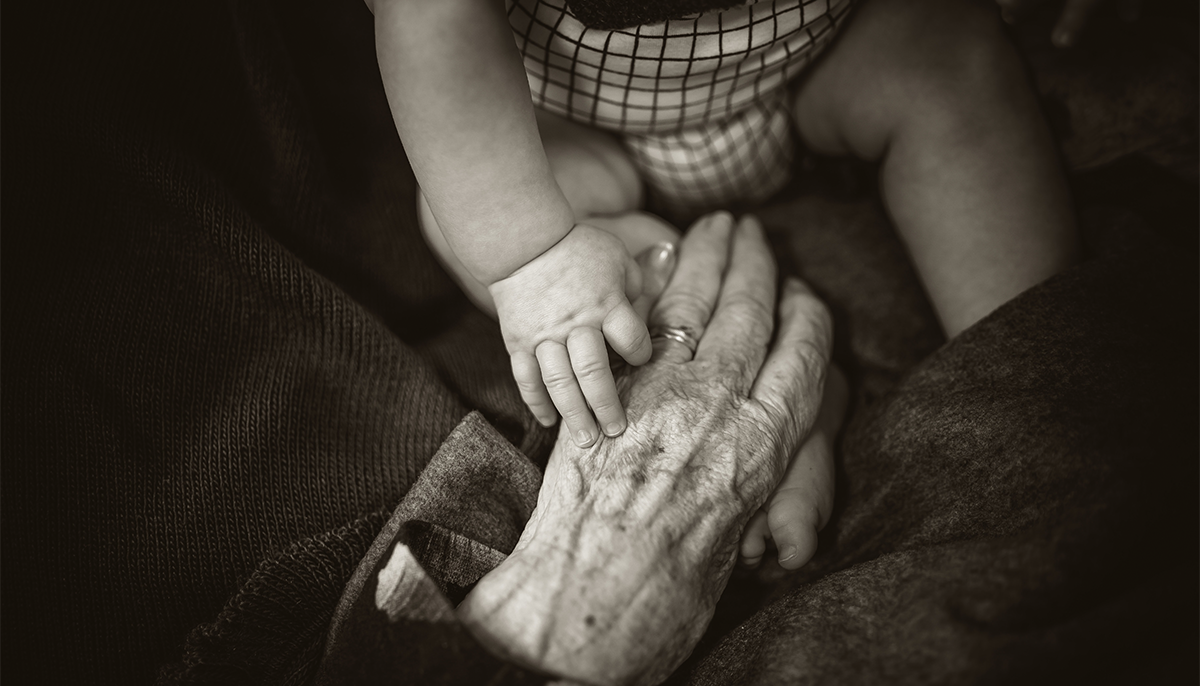“If there is no self, whose arthritis is this?” is one of a list of a dozen pseudo-Buddhist questions that have been appearing regularly in my email. I think it’s the choice of arthritis, out of all the ills of the world, which makes this particular statement funny. It’s also mildly mocking, making a joke out of the understanding of anatta, selflessness. Since mocking is derisive, it occurs to me each time I read it, and chuckle, that perhaps I am being spiritually incorrect. I think, though, that it isn’t a joke about dharma: it’s a joke about jumbling vocabularies. Un-jumbled, in their own contexts, self and no-self, no ego and strong ego, are completely understandable.
Twenty-five years ago, when I began my mindfulness practice, I remember hearing my teachers describing the “three characteristics of experience” as the insights that I needed to directly encounter in order to liberate my mind from its habits of greed, hatred and delusion. The insight about anicca, impermanence, seemed reasonable to me. I saw how things were always changing, that time passed, how the impact of an event changed with the passage of time. Dukkha, suffering, made sense to me, too. I understood, at least intellectually, the pain of craving. I did not understand what annica, no permanent self, meant. “My teachers are wrong,” I thought. “Who is it, in here, having this whole life happen to them, if not me? This is my body and my thoughts and my story.” I remember being quite sure that I was right and my teachers were wrong, but I liked everything else about dharma so much I decided I could leave it an open question.
Every being is a beautiful expression of nature. How much more so a being with a precious human birth, one with a capacity for wisdom and compassion.
In addition to my own felt sense of, “There is so someone in here who owns this story,” I had my training as a psychologist. I believed, and I still do, that a strong sense of differentiated ego—”This is me. These are my skills. I use them competently in a world full of other people. I can take care of myself”—is a vital part of healthy emotional development. “I am me, separate from you,” is the awareness that is crucial to the formation of a sense of morality. “I undertake the precept to refrain from harming living beings,” requires an understanding of beings other than ourselves, beings who, like ourselves, experience suffering. And being able to say, “I am his mother,” or, “I will teach your class next Tuesday,” or, “This is where I live,” is useful. Those “I – s are not problems. They’re the ego-equipment with which we manage our lives. They describe situations, not a separate, unchanging entity.
The “I” that is a problem is a storytelling “I” that isolates and traps itself in suffering.
Here’s an example. I said to my husband during a period when we were both studying with a teacher who emphasized non-dual awareness, “I am so angry at so-and-so. I can’t believe what she said about me.” He said, “Where is the ‘I’ that is angry?” So I got angry at him. I said, “You and I both know that there is no ‘I’ here and no ‘I’ there. But anger exists! Suffering exists!” Had I not been upset, I might have seen that the solid, enduring “I” I had put in place with the story—”I can’t believe she said that about me”—was causing my ongoing pain. It constructed an “I” who had been humiliated, who now suffered. “I – s with needs—any kind of needs—are suffering “I – s. They arise with any discomfort. They aren’t mistakes or spiritual flaws: they are clues that something needs attention. They disappear when the mind and the body are comfortable. They, like everything else, are impermanent, empty of self, arising and passing away according to conditions.
At a talk the Dalai Lama gave some years ago, a young man said, “I have a very hard time meditating. I keep thinking that I am not worthy of happiness, that I don’t deserve it.” Apparently, the Dalai Lama leaned forward and responded in an uncharacteristically strong, correcting voice. “You are wrong!” he said. “Every being is a beautiful expression of nature. How much more so a being with a precious human birth, one with a capacity for wisdom and compassion.”
There is no self, but there are precious lives.

